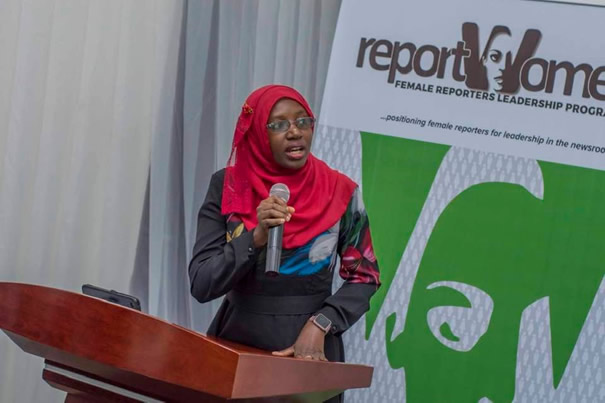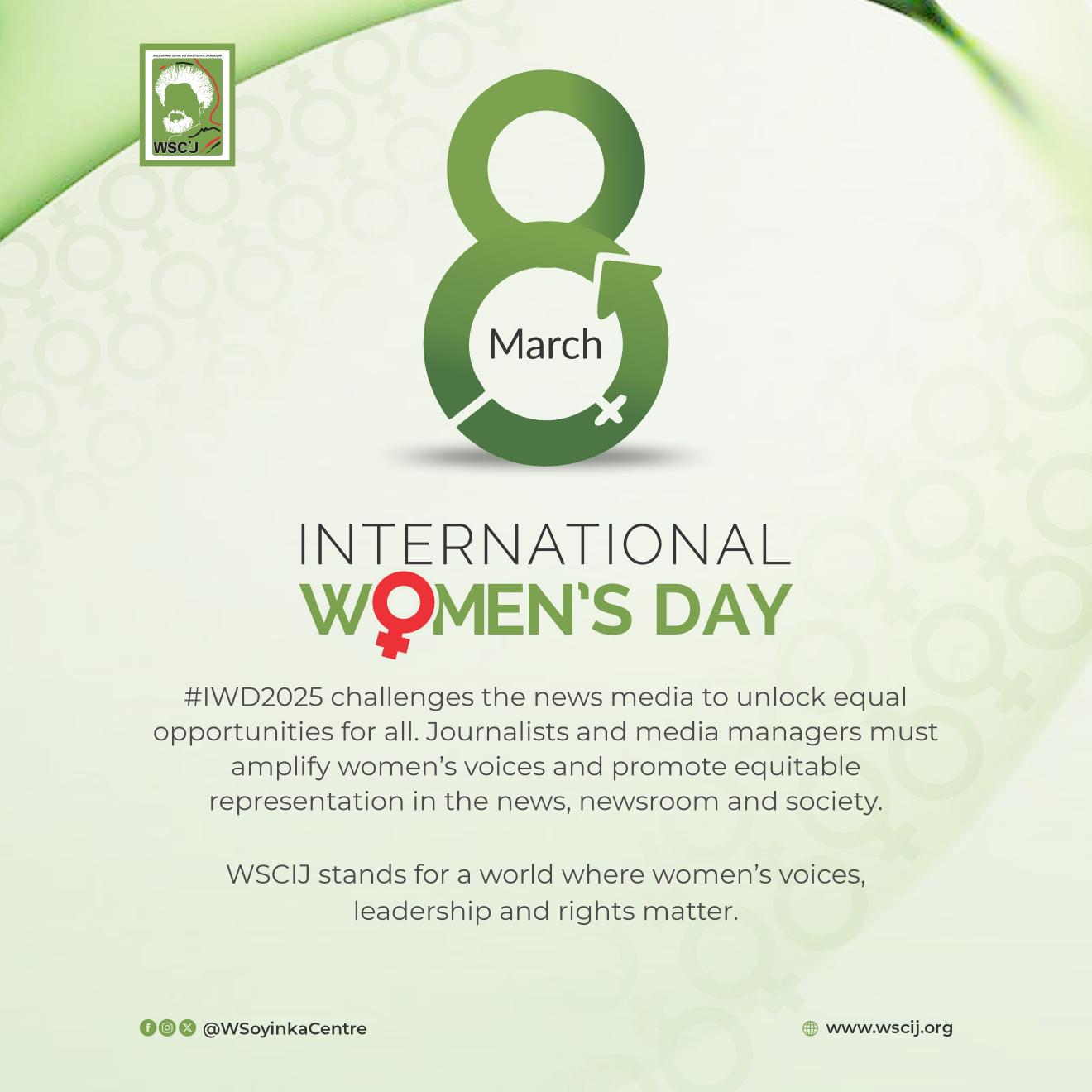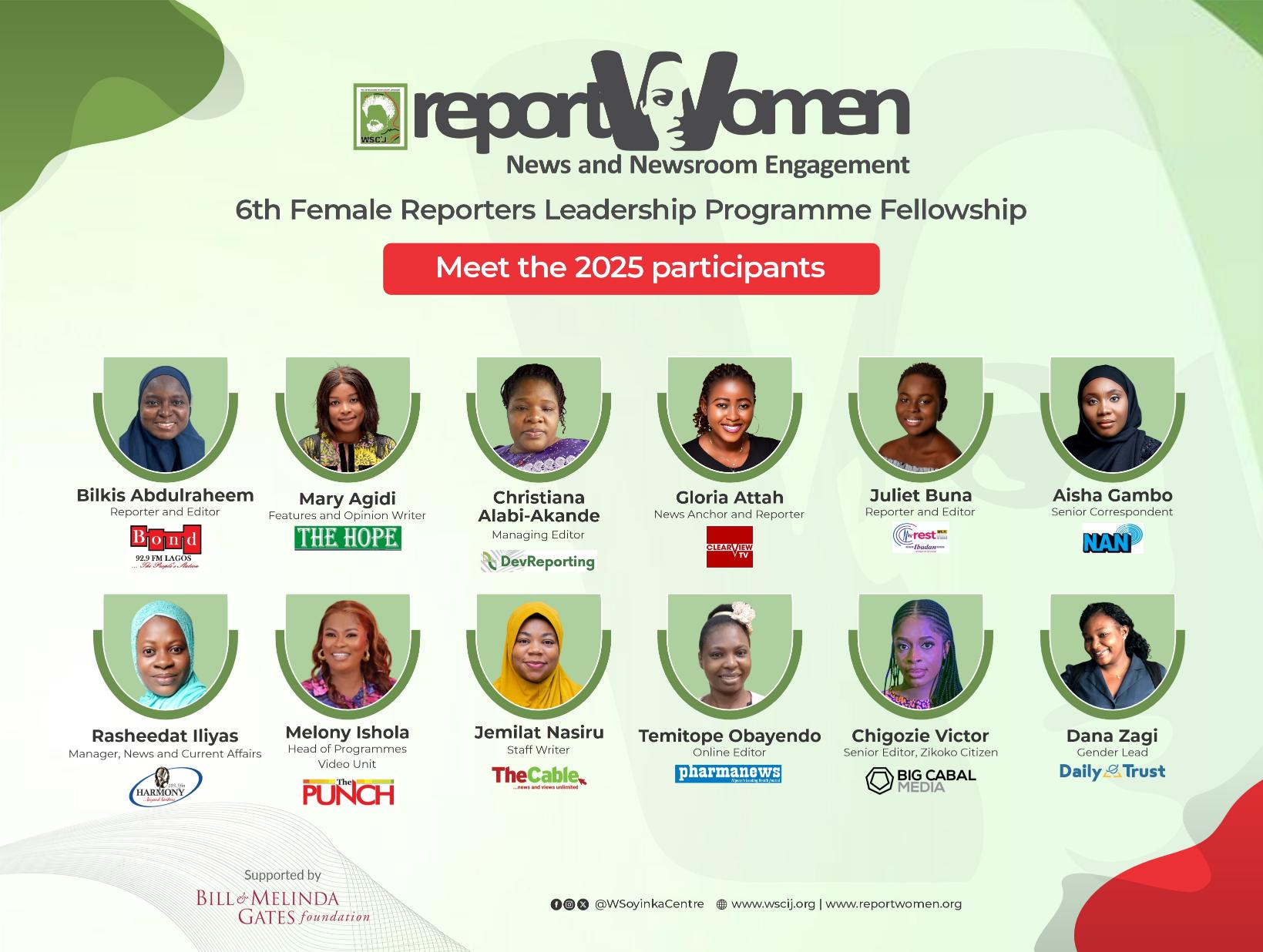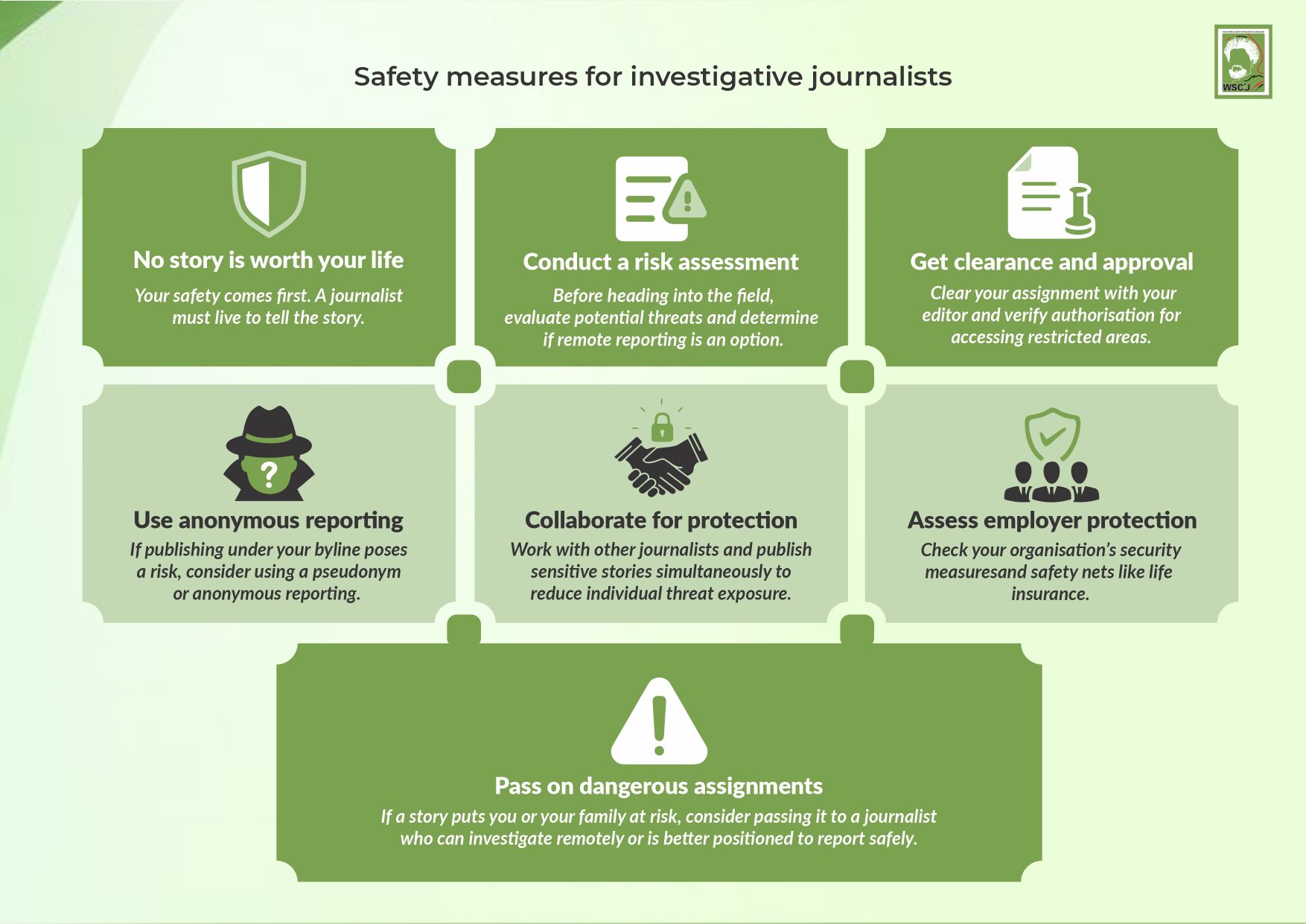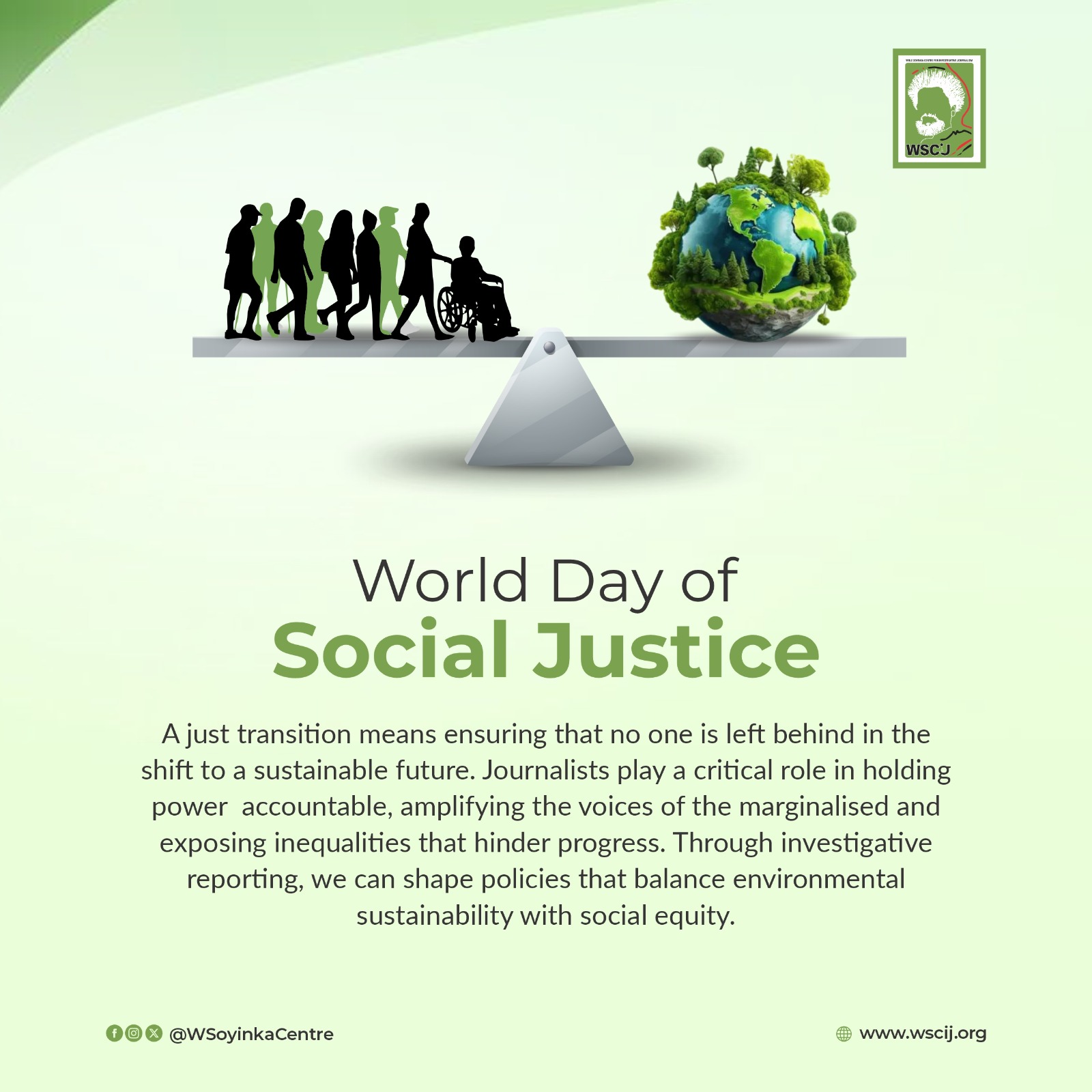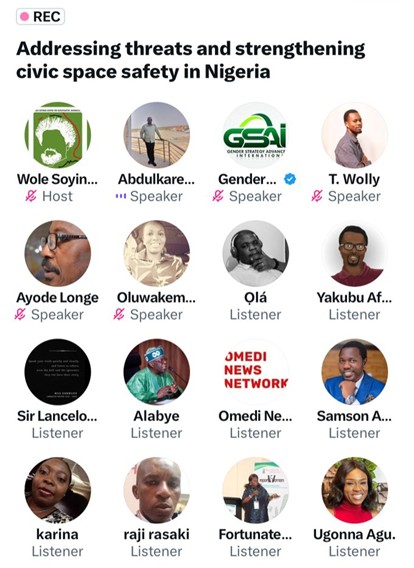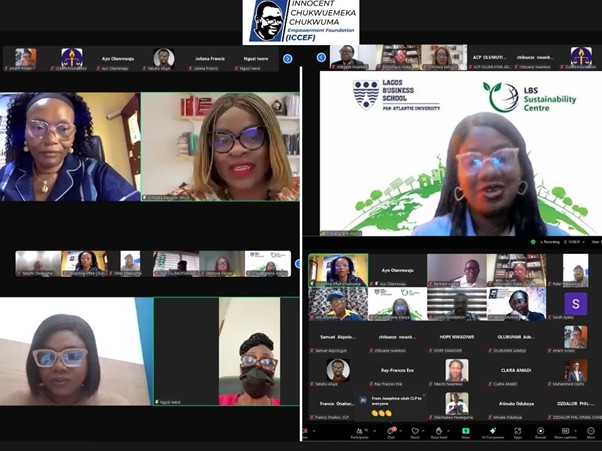The journey of Lami Sadiq, Bureau Chief of Daily Trust Newspaper, Kaduna State, to leadership position was not an easy one. She started as a fresh graduate of Mass Communications from the University of Jos. Being a woman and a Muslim from the conservative Northern part of Nigeria meant she had to work extra hard for acknowledgement and recognition. The perceptions by people meant that she had to face stereotypes and biases on her way up the ladder.
“There is this perception that women journalists are loose and want to cover easy beats. The perception is that we want the glamour; we want to appear on television, and we want to show off when it comes to speaking on the radio, but we do not want to do the difficult work. Another perception is that women journalists cannot handle tough beats. People just think we should be relegated to beats that have to do with women and children and other softer aspects of journalism”, she said.
“There is also the perception that women need to be protected by their male colleagues. You go for an assignment and the men want to take charge,” Lami continued.
The Mass Communications graduate recalled: “As a rookie, when I joined Daily Trust in 2009, after the orientation course for a month, I worked with the city desk and then I was posted to various beats. I happened to find myself in a beat called Tambari, a pull-out magazine of Sunday Trust where you post a lot of fashion, do personality interviews, and another section for recipes. I am one of those people who do not like to cook, and I found myself on that beat. I tried as much as possible to move out, but it was not possible. I gave it my best, but I was not happy.”
With her mind fixated on impactful journalism, Lami said: “After a year and a half, I got an opportunity to go for my masters and I quickly took it. I moved to Jos and began to work as a stringer. I noticed that I was good at the job, and I was doing well. I felt it was a mistake relegating me to that Tambari Magazine.”
On some of the challenges faced, Report Women: Female Reporters Leadership Programme Fellow said, “While working in the field, I heard people saying journalism was not for women. They often said journalism was not for a responsible Muslim woman because of the nature of the job. Sometimes, I worked round the clock; this is because journalism was not the regular 8 am to 4 pm job. I remember in 2019, I spent the night at the INEC collation centre, and even sometimes our male colleagues would try to put us down by saying that journalism was not for women.”
She lamented that women had to often play second fiddle to men because of the way society was wired.
“While I was working in Jos, I worked under three different bureau chiefs. In 2017, my then bureau chief passed away and I had to take over. It was seamless. I was doing the job as an ordinary reporter, but I was taking care of the bureau, and after like two months, I got a letter confirming me as the acting Bureau Chief. Two months later, I got a male staff because the work was overwhelming, and I needed an assistant. Automatically, other journalists in Jos just thought the new guy should be the Bureau Chief, rather than I who had been doing the job for long.”
However, she disclosed that one of her editors believed she was reliable and had enough experience and thus she was confirmed as the substantive Bureau Chief. She regrettably noted that these challenges were not limited to colleagues or the societal perception, but also subtly from the home front.
She stated that she got wind of the WSCIJ’s Report Women programme on the verge of making a career change. This played a major role in reigniting her passion for the job. “At the early point of my career, I was thinking about whether to make a career change and move out of journalism, but thank God, it took just three months of WSCIJ training, and I became motivated.”
Lami Sadiq highlighted the place of training and mentorship in career building and breaking bias. In her words: “I started reading books by other female journalists and I also joined a different network of female journalists. All these made me feel more motivated and determined.”

